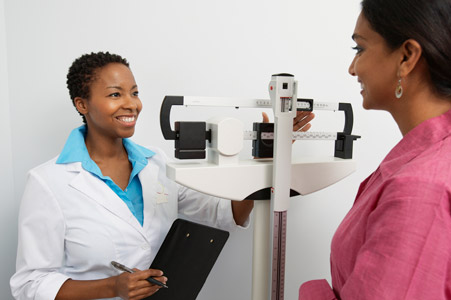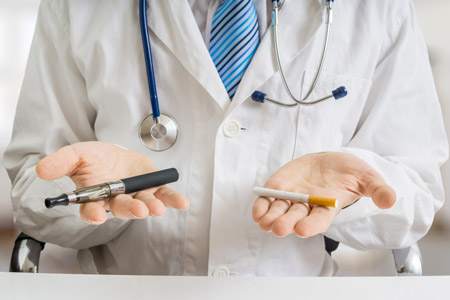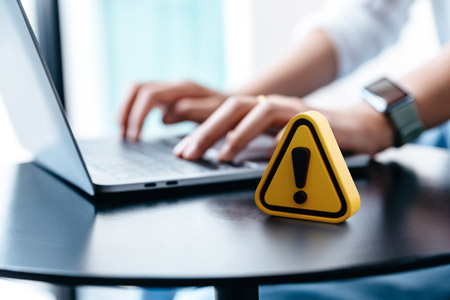


Do I Have Psoriasis or Something Else? Understanding the Basics of Psoriasis
Your skin is technically the largest organ in your body — it’s no wonder that so many different conditions can occur to our skin within our lifetimes. According to the National Center for Complementary and Integrative Health, “skin diseases are very common, and affect as many as one in three Americans at any given time.”
So, if you’ve noticed irregularities within your skin, you’re not alone! One of the most common skin conditions among adults is called psoriasis. Psoriasis affects more than 3% of the American adult population — that’s more than 7.5 million adults in the US alone.
In this article we’ll cover the basics of psoriasis, how it’s caused, and the key differences between psoriasis and other skin conditions like eczema.
What is Psoriasis?
Psoriasis is a condition caused by skin cells building up to create itchy, dry patches. Skin with psoriasis may have visible signs of inflammation such as raised plaques (plaques may look different for different skin types), scales on the skin, and a thick, reddish appearance.
Psoriasis rashes are typically on the skin, but they can also affect other parts of your body like the nails and joints.
What Causes Psoriasis?
Psoriasis is an autoimmune disease where the body’s own immune system becomes overactive and speeds up skin cell growth. Typical skin cells develop and shed, or flake off, within a period of a month, but in patients with psoriasis, this process is increased to a period of only three to four days. The underlying autoimmune disease responsible for psoriasis can also cause other health conditions like psoriatic arthritis.
What Are the Symptoms of Psoriasis?
Psoriasis causes patches of thick red skin and silvery scales. People with psoriasis usually have patches on the elbows, knees, scalp, lower back, face, palms, and soles of feet, but they can be found in other places too.
What Are the Triggers of Psoriasis?
Psoriasis triggers cause psoriasis symptoms to flare or worsen. Triggers can vary from person to person.
Common triggers of psoriasis include:
- Stress
- Skin injuries
- Illnesses
- Weather
- Certain foods and alcohol
Do I Have Psoriasis or Eczema?
Eczema is another very common skin condition, so it can be hard to distinguish between the two at first glance. Skin affected by eczema is itchy, red, and inflamed, whereas skin with psoriasis often has red or dark plaques with silvery scales.
It’s important you get any outbreaks or rashes examined by a healthcare professional to know the difference, get an official diagnosis, and begin treatment.
If you think you may be seeing signs of psoriasis on your skin, know you are not alone! It’s important to recognize the symptoms early on and seek medical attention as soon as possible to get relief.
Take a log of any irregularities you notice with your skin and report them to your doctor during visits or yearly examinations — your skin is the largest organ in your body so it’s crucial you treat it with care. Remember to see your dermatologist on a regular basis to check your skin for signs of cancer or growths, and also take the time to have a conversation about possible conditions like psoriasis.


.jpg)
.jpg)
.jpg)


















.jpg)





















.jpg)








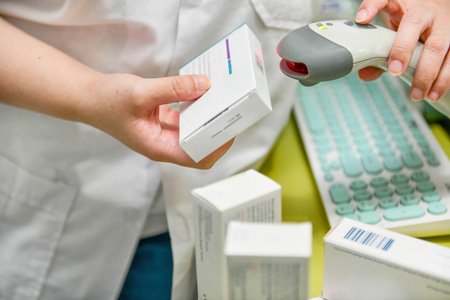

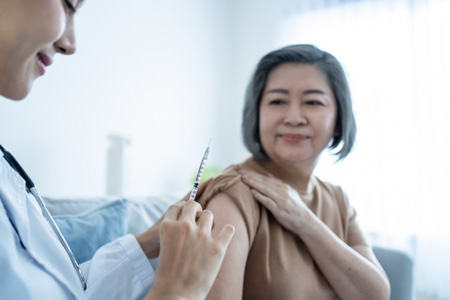



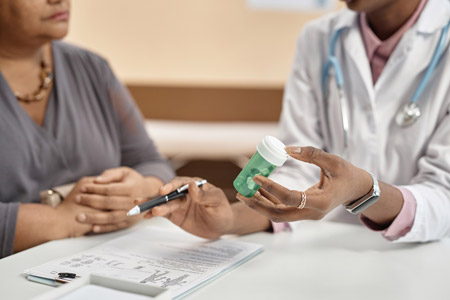


.jpg)
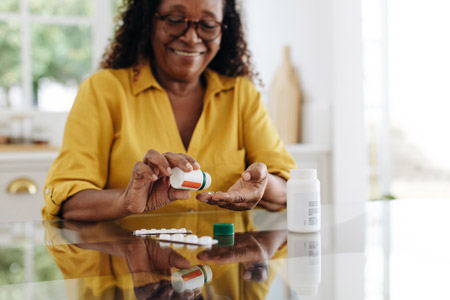



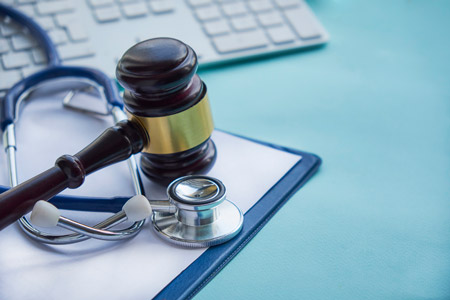
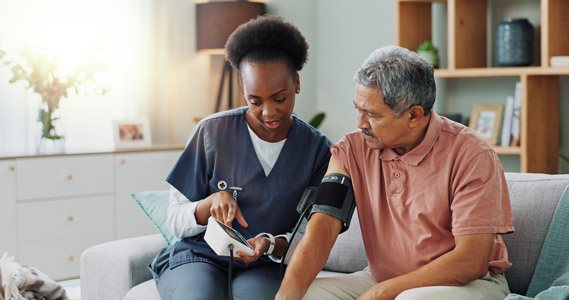










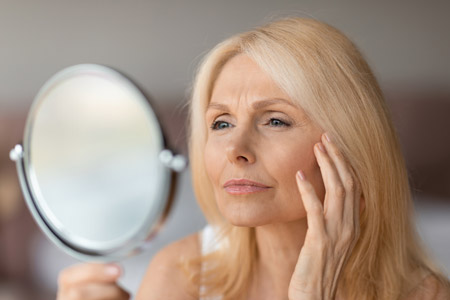





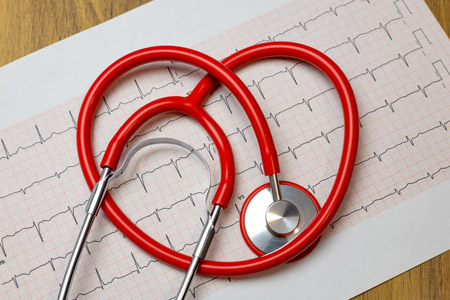


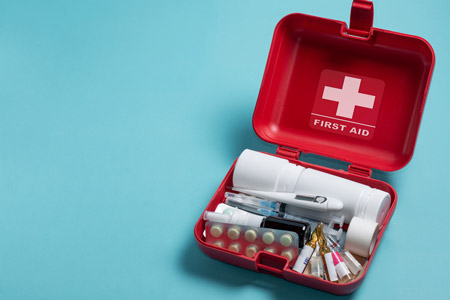
.jpg)
.jpg)
.jpg)


